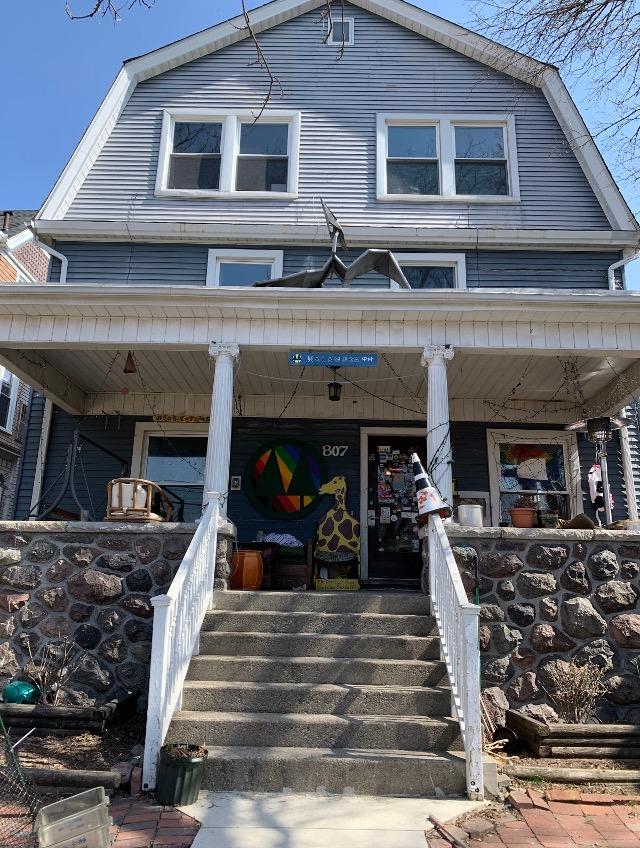Finding housing in Ann Arbor can be a very time consuming process and is filled with numerous questions:
-
What can I afford?
-
Do I want and/or need roommates?
-
How close do I need to live to campus and what transportation is available?
-
In what type of housing do I want to live? Houses, fraternity/sorority houses, on campus, apartments, etc?
With that being said, I want to make you aware of another housing option here at Michigan: Cooperative Housing. A co-op is a house that specializes in communal living; all coops on campus are run through the Inter Cooperative Council (or ICC; https://icc.coop), an organization that is nationwide on many different college campuses. I have lived in Nakamura Co-op for three years now and have loved every minute of it.
One of the best things about living in a co-op is how affordable they are. Monthly charges generally include food, electricity, water, and more. It is very affordable in comparison to many off-campus housing situations, especially because often we don’t have to purchase our own groceries--it's included every month.
Every co-op on campus requires a certain amount of chores, measure by hours to be accomplished every week by ALL housemates. Chores vary greatly, so it is easy to find something that you are willing to do or even enjoy. There are two groups of chores, the first being “officer positions” and the second being regular house chores.
Officer positions
-
House president; as house president, I fulfill all of my chore hours every week by simply holding the position, due to the fact that it entails many responsibilities including holding house meetings, settling in-house disputes, making sure the house is running smoothly, etc. Others positions include:
-
House secretary: in charge of all house mail and taking notes during house meetings,
-
House treasurer: takes care of all of our house budgets and manages all of the house’s money, including reimbursements and purchases,
-
Maintenance manager: fixes things that are broken in the house or hires companies to help,
-
Social chair: plans social events for the house, including game night, movie night, bonfires, club night, and much more.
House chores
-
These include cleaning the kitchen after house dinners, cooking (we have house dinner five nights a week, two cooks per night), cleaning bathrooms, cleaning common spaces (such as the common room, TV room, attic, or porch), and many others.
-
For Nakamura (other houses vary), we require four chore hours per week from all housemates.
On behalf of the co-op community, I can say it's unlike any other. While Nakamura’s capacity is 29 people, there are co-ops that are both smaller and larger in size, and they vary house to house. Our house is very social, as we all hang out with each other daily; I have made all of my best friends in college at my co-op. Living in a co-op, you will meet many other co-opers that live in other houses; the ICC is so interconnected that co-ops, in general, have their own social community on campus. We like to visit other co-ops and we all see each other often.
In regards to rooming within the house, some houses differ on how they decide who gets to live where. In Nakamura, specifically, we have seven single rooms and the rest are doubles. To pick rooms, we do it based on seniority, meaning whoever has lived in the house the longest gets to pick their room first and so on. My first two years living in the house, I had a roommate. My third year, I had a single. So, you are almost guaranteed to have a roommate your first year or two living in the house; most people end up sharing rooms.
Co-ops are truly a wonderful place to live. It is so easy to meet people and it's so much fun. They're incredibly inclusive, as all types of people are welcomed to live together. I will never forget my time here and will always cherish the memories I have made.

